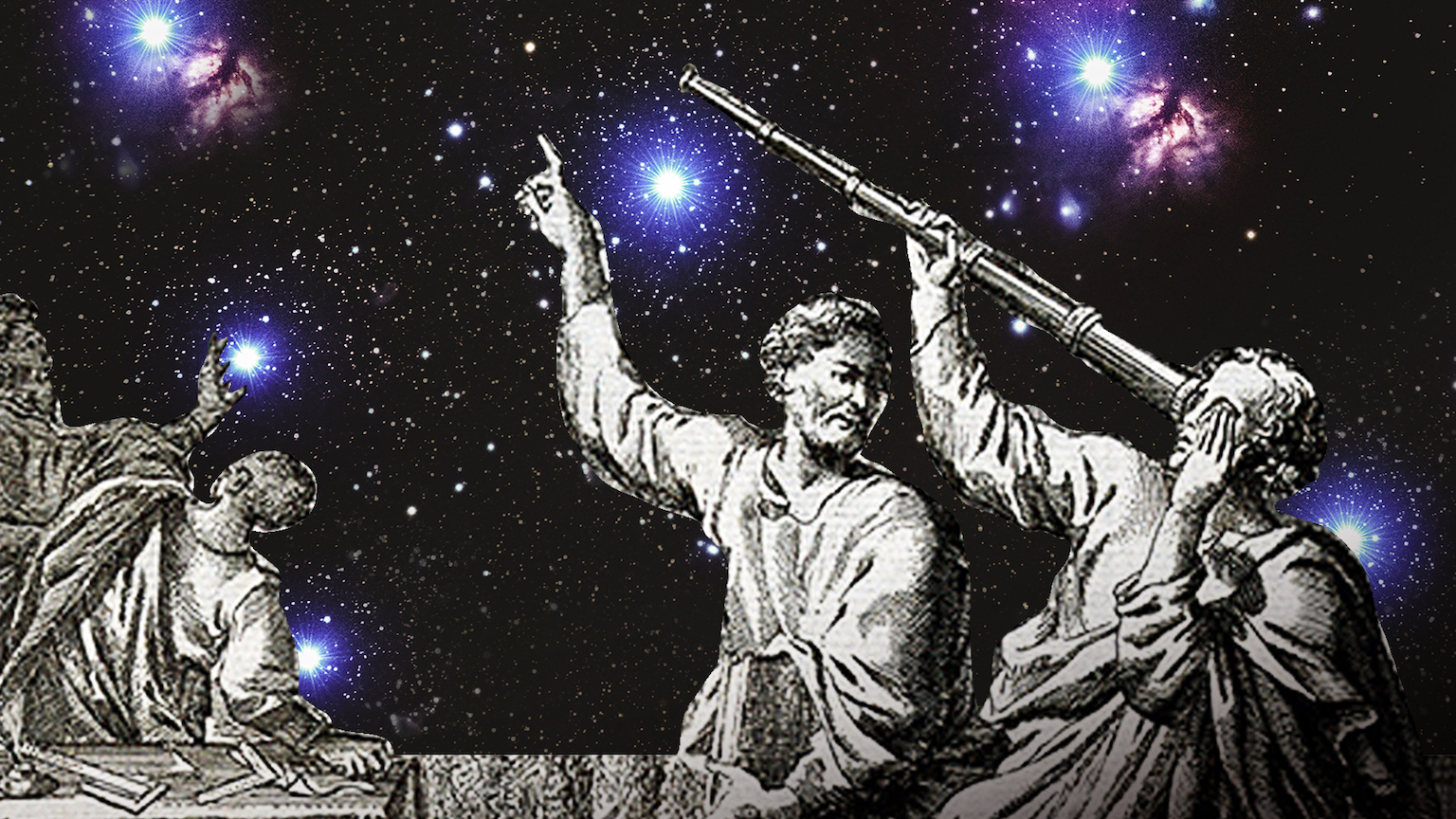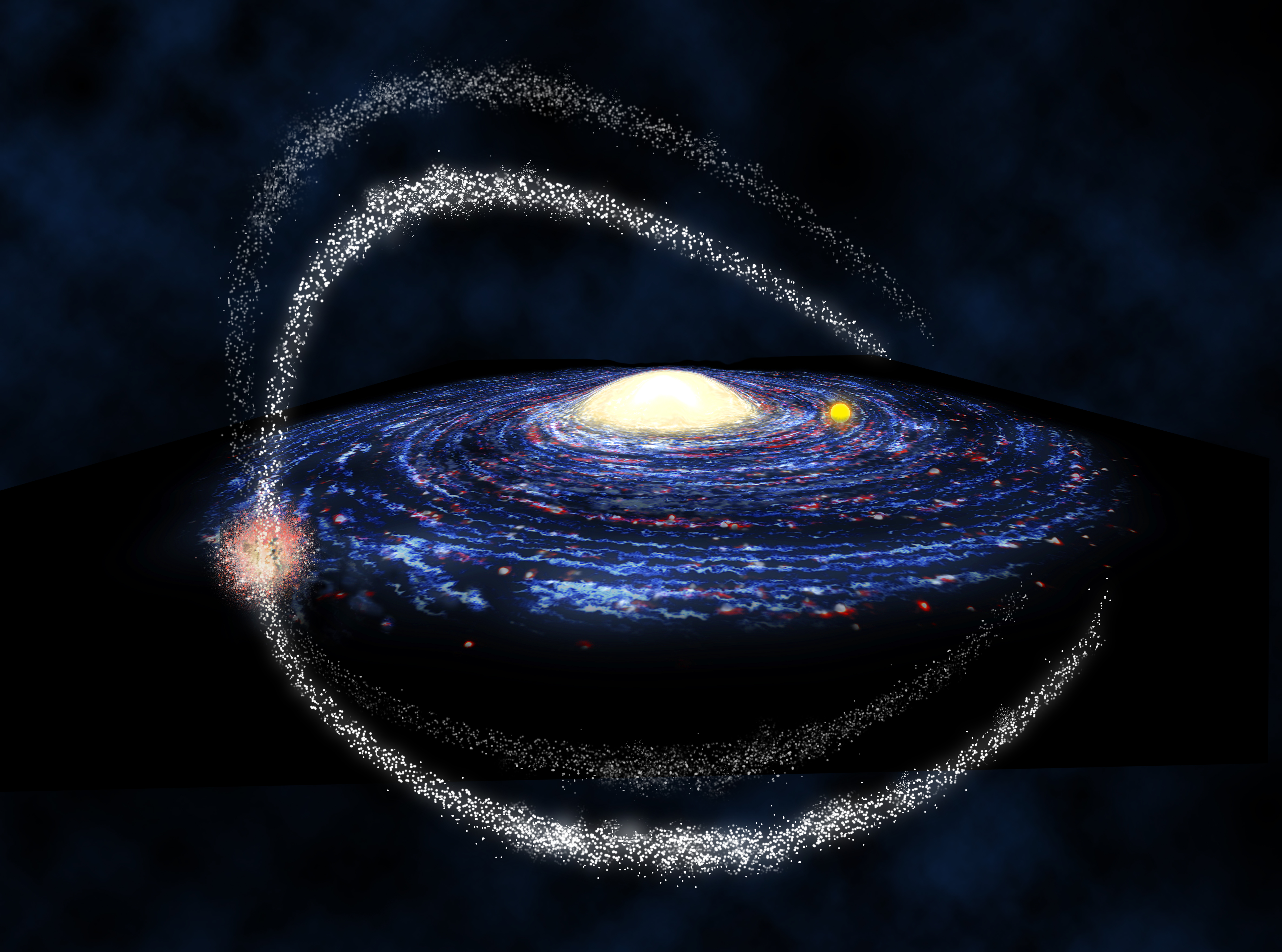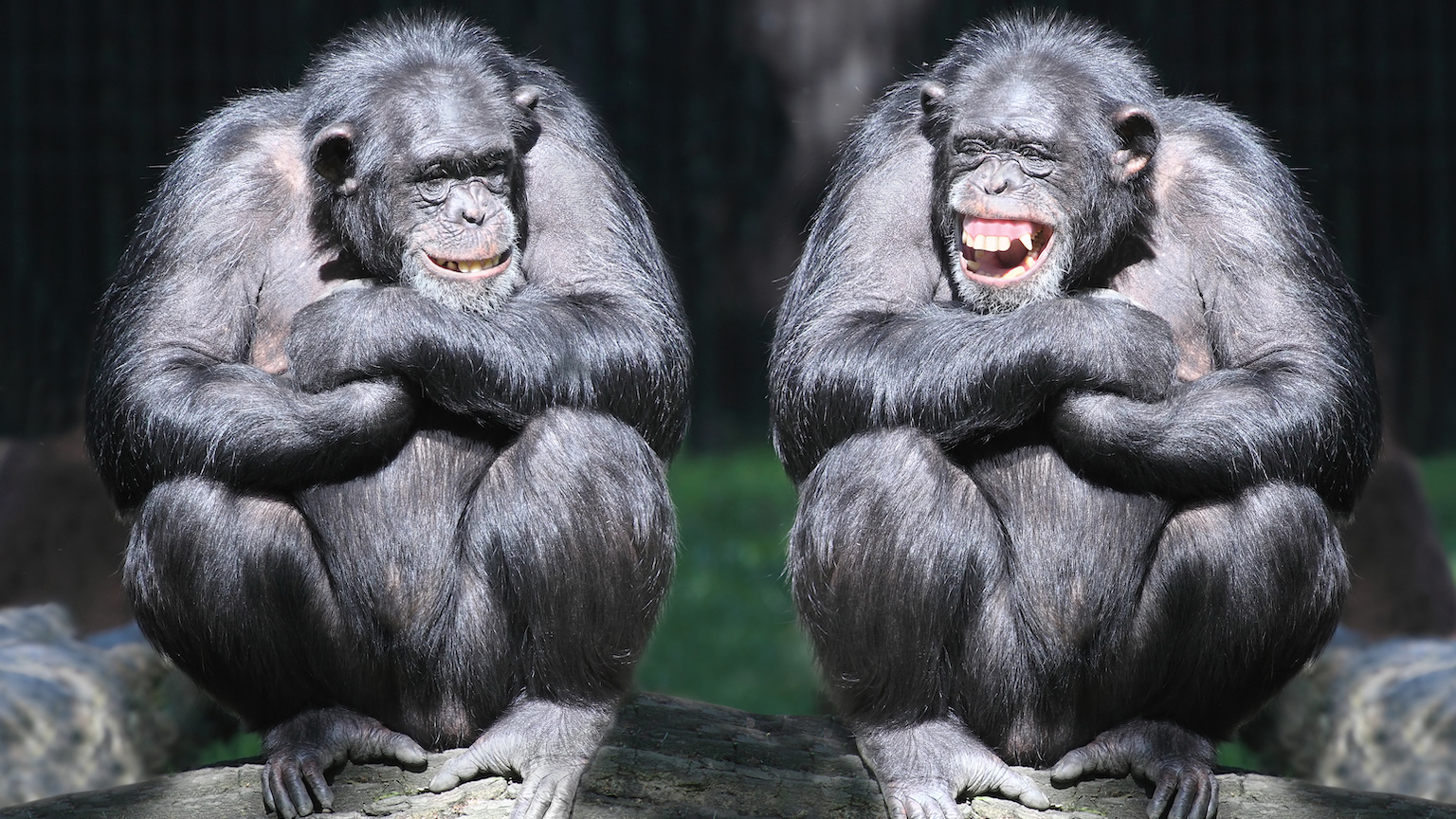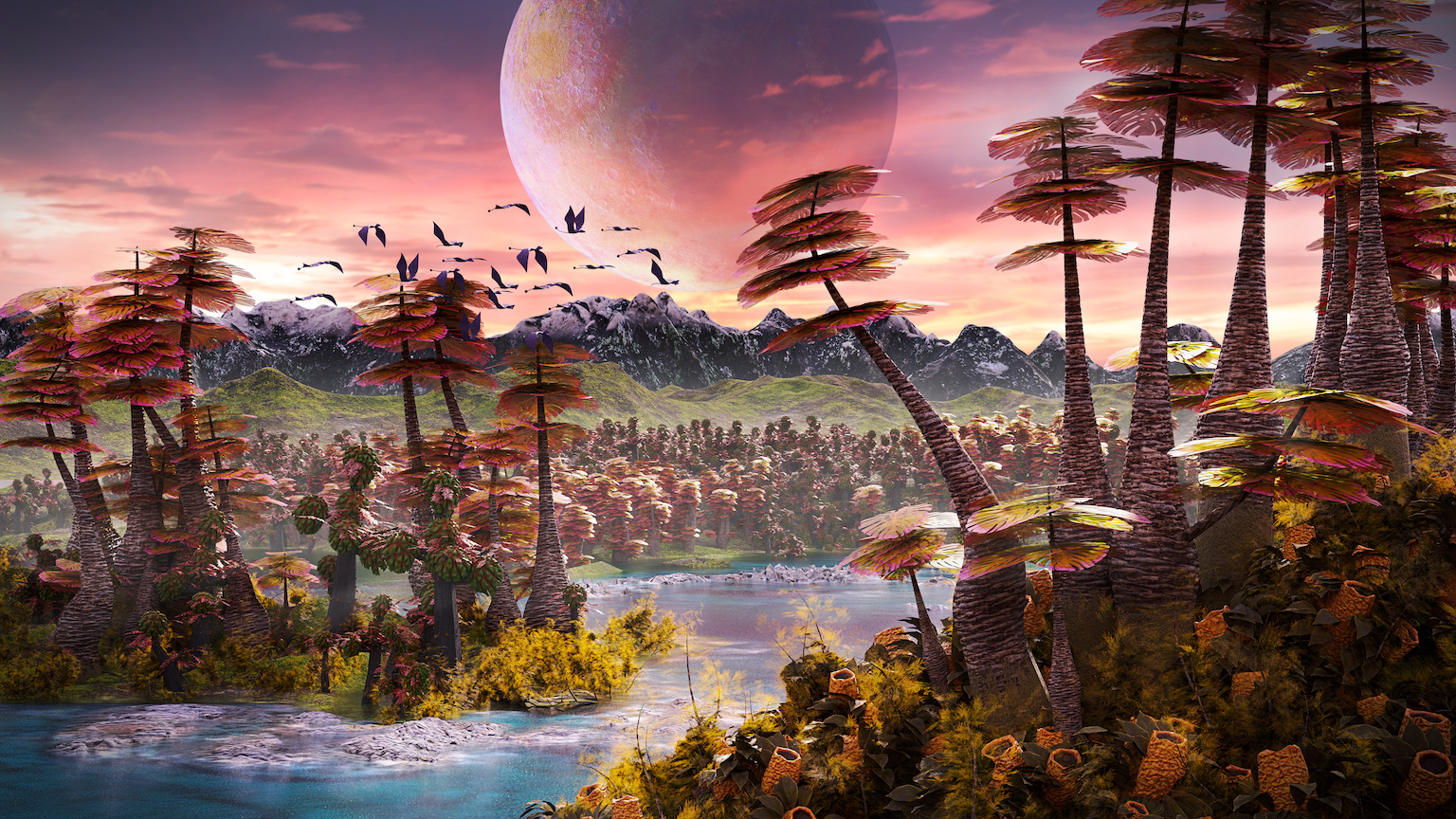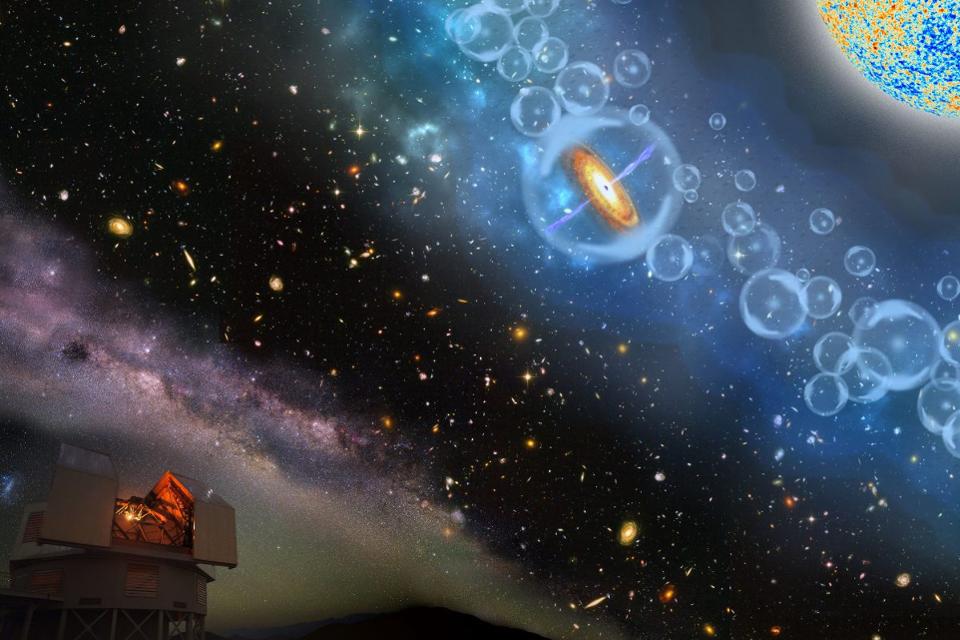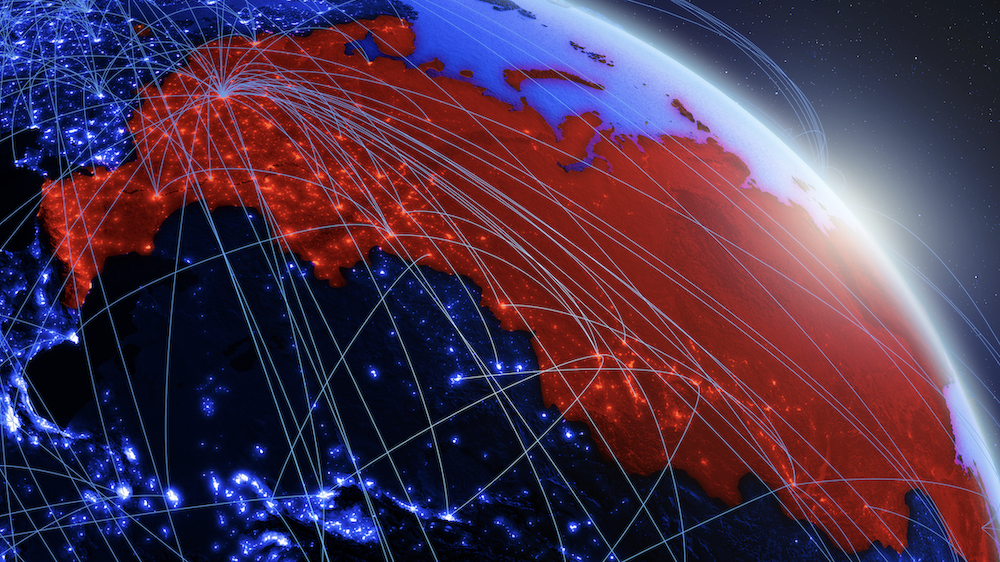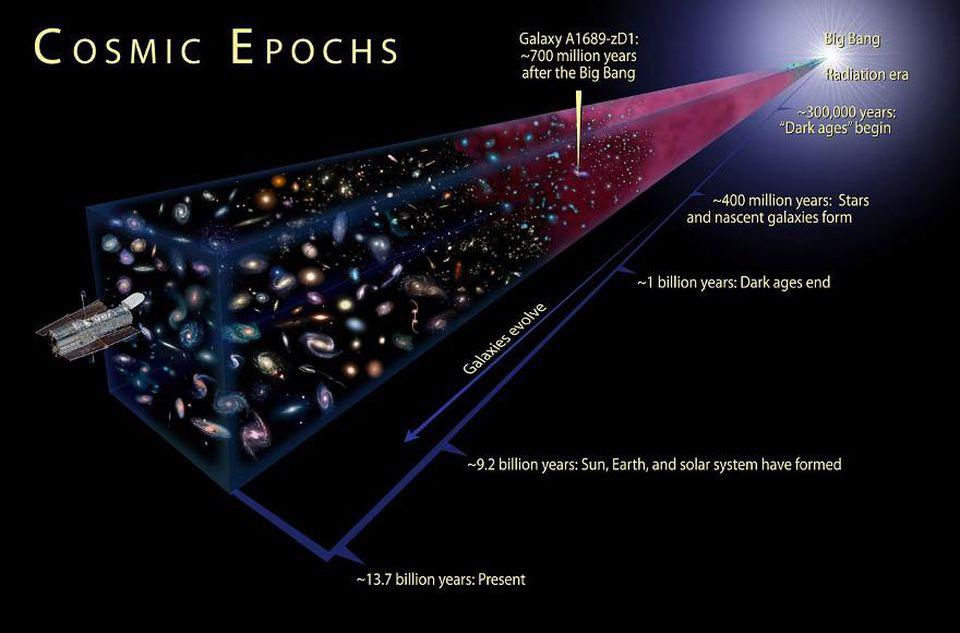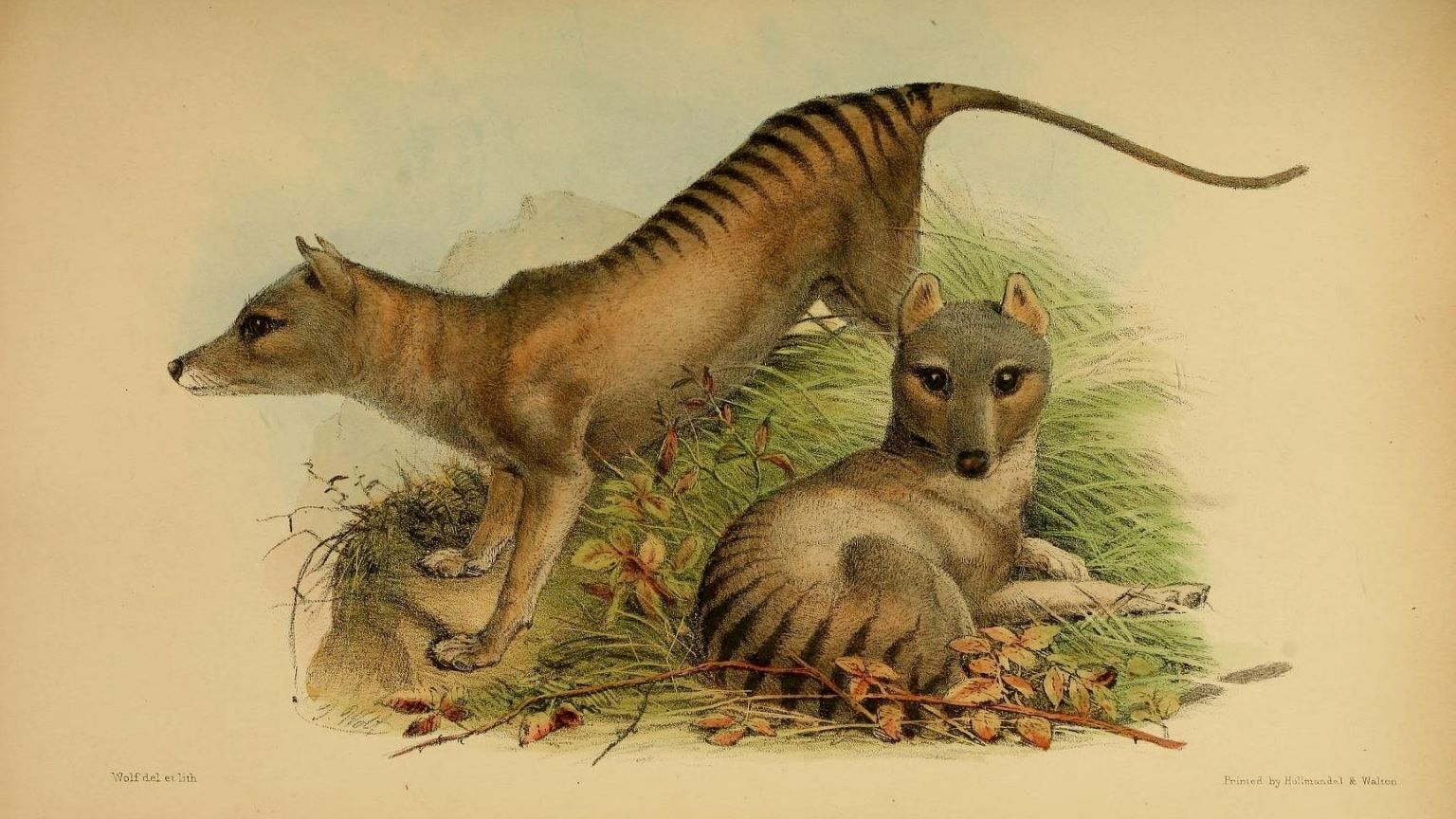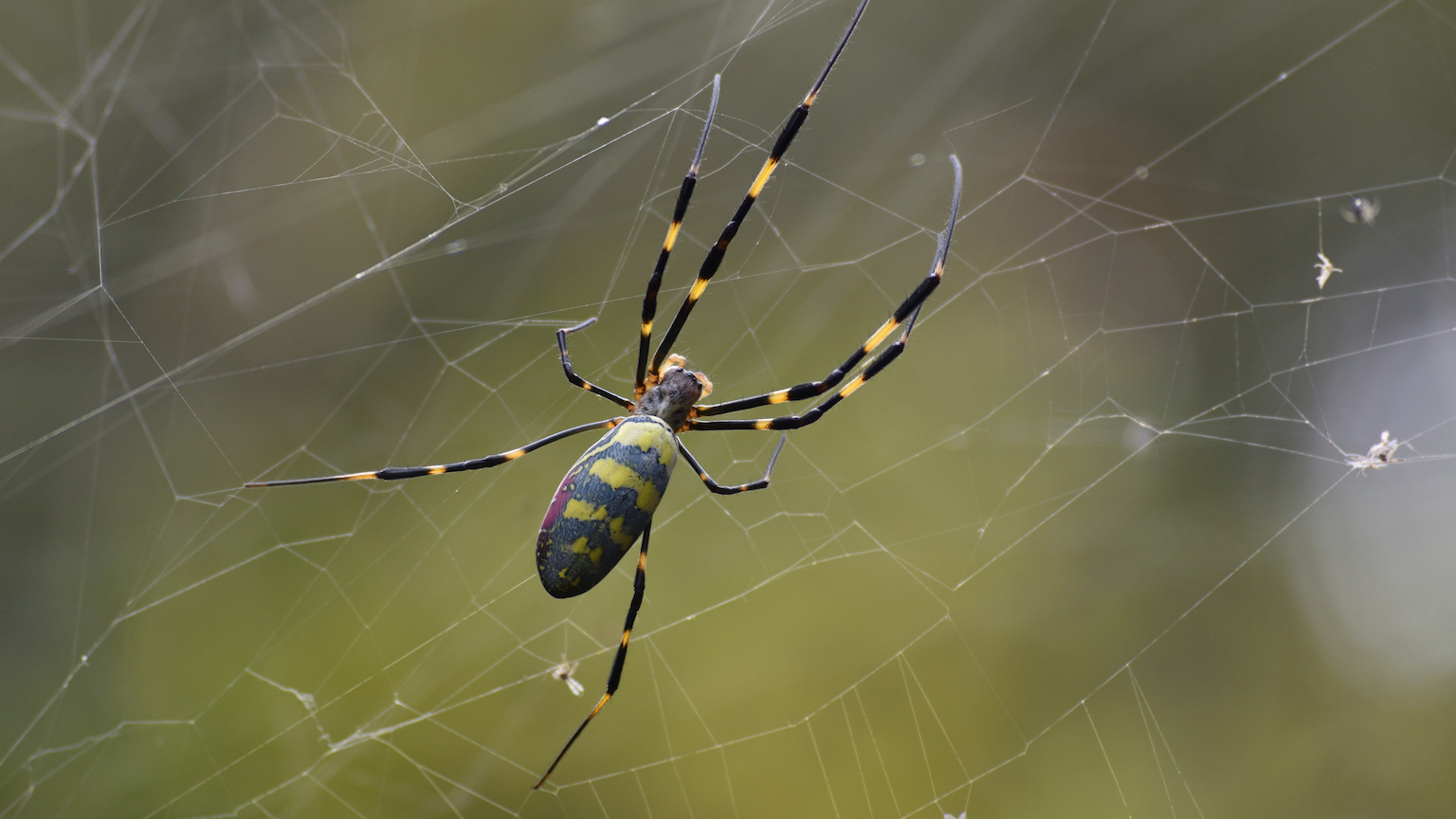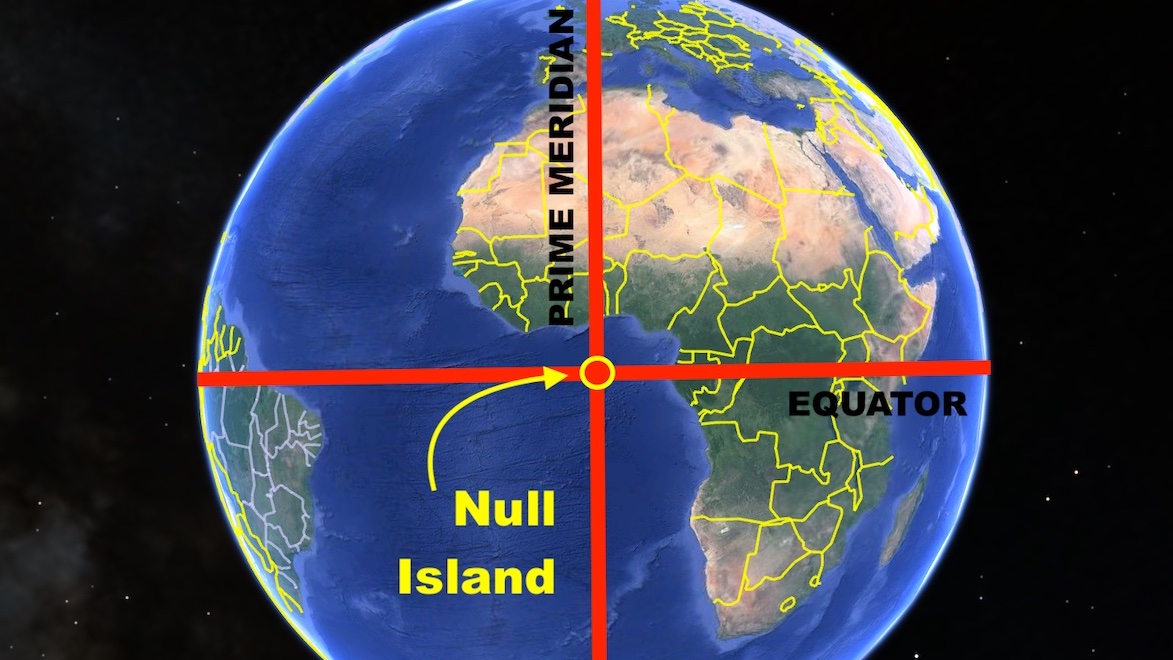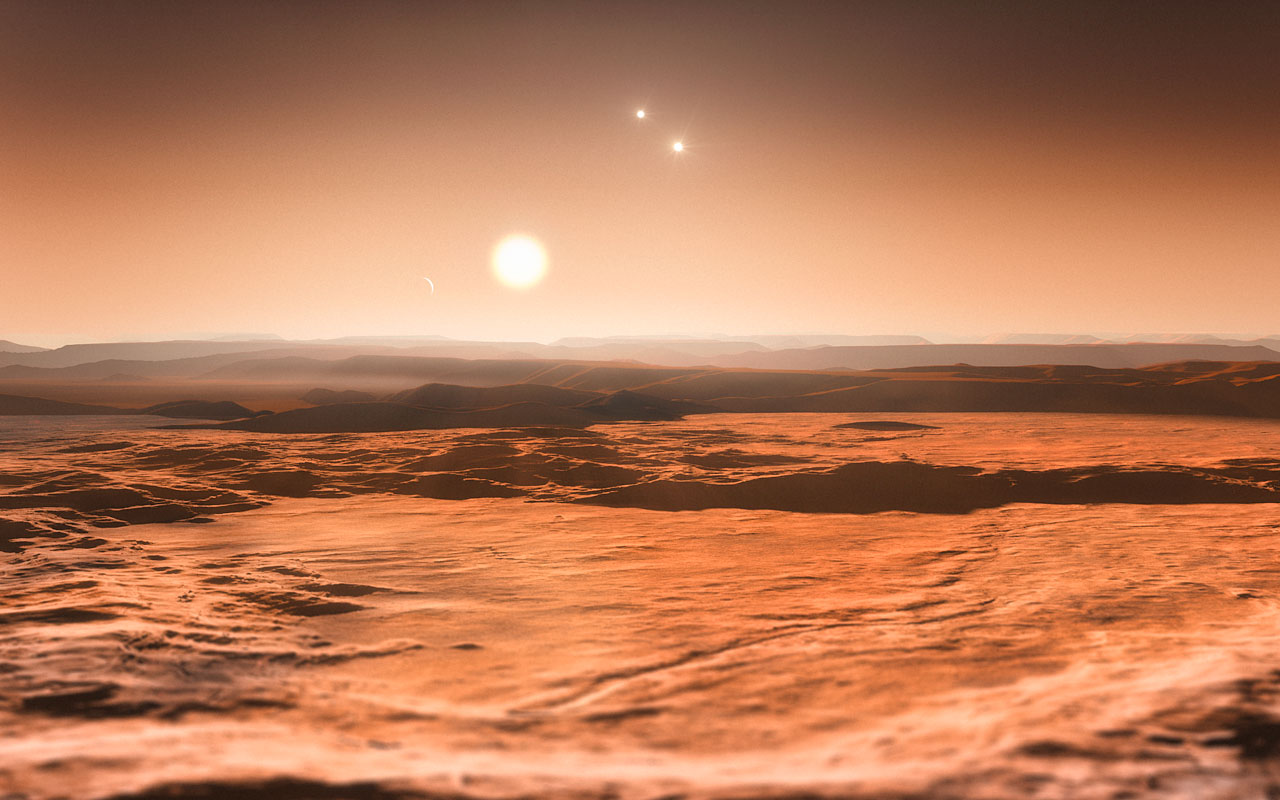From the tablets of the Babylonians to the telescopes of modern science, humans have always looked to the skies for fundamental answers.
By toppling medieval Europe’s mightiest political power, the Protestant Reformation ushered in a new age of freedom, religious and otherwise.
“How can we live without our lives? How will we know it’s us without our past?” Steinbeck writes.
Javelin missiles have been an effective force multiplier, the latter-day equivalent of the sling that David used against Goliath.
Galactic archaeology has uncovered a spectacular find: the Milky Way already existed more than 13 billion years ago.
More than 200 years ago, scientists tried to figure out how bats navigate in the dark (or without eyes). This set in motion a series of events that led to the development of ultrasound as a form of psychotherapy.
Chimpanzees are able to consider the context of social interactions and can accept unfavorable outcomes — sometimes.
Multiple lines of evidence — physical, chemical, and biological — must converge for scientists to conclude that alien life has been found.
Urinating in the direction of NATO’s staunchest opponent could cost you $350 or more. For world peace, aim wisely.
To answer any physical question, you must ask the Universe itself. But what happens when the answers aren’t around anymore?
“I watched closely for the sun or stars to appear, to correct my chronometer, on the accuracy of which our lives and the success of the journey would depend.”
Russia has spent years exploring the viability of building a self-contained internet. It could soon become reality.
The way that the ancient Megalodon adapted to water temperature has important implications for modern marine creatures.
Even though the brain is only 2% of our total body mass, it consumes up to 25% of our energy.
Could we all attain this superpower?
From crocodiles to birds, certain animals managed to survive some of the worst extinction events in world history.
Even a tiny sliver of the Universe can reveal the cosmic story of what’s out there and how it came to be the way it is today.
It won’t give you a six pack, but could improve your bone density.
Spotty connectivity isn’t going to jeopardize Ukraine’s drone attacks.
Assume we can make new thylacines, mammoths, diprotodons, or sabre-tooth cats. Great. Now where do we put them?
Anesthesia causes animals and humans to lose consciousness. A study found it has a similar effect on Venus flytraps.
Michio Kaku predicts, among other things, how we’ll build cities on Mars and why cancer will one day be like the common cold.
Can a non-native species be a friend instead of a foe?
Far from being inappropriate, many of the most controversial acceptance speeches highlighted important issues in the film industry.
Understanding the factors behind recent growth could help us better approach inequality.
Modern applications of Stoicism show up in unexpected places, from the latest techniques in psychotherapy to texts on Christian theology.
“It’s not a secret that legal language is very hard to understand. It’s borderline incomprehensible a lot of the time.”
Scientists find two 30-second techniques that prevent dizziness upon standing.
Where the prime meridian meets the equator, a non-existent island captures our imagination — and our non-geocoded data.
The closest star system to Earth, just over 4 light-years away, has three stars and at least one Earth-sized planet. Is it time to go there?
